When, as we must often do, we fear science, we really fear ourselves
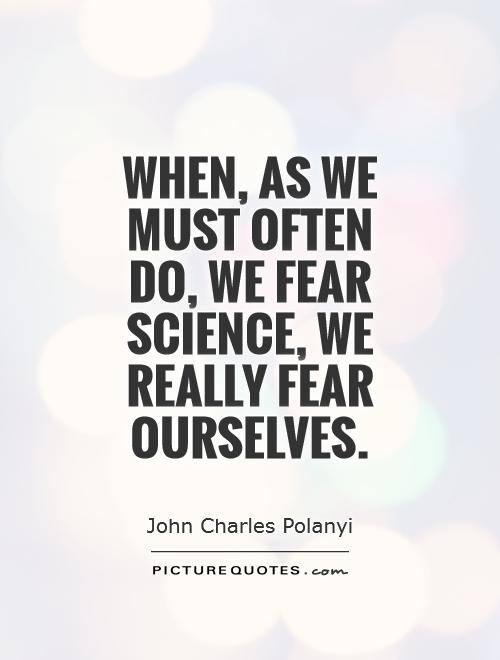
When, as we must often do, we fear science, we really fear ourselves
John Charles Polanyi, a renowned chemist and Nobel laureate, once said, “When, as we must often do, we fear science, we really fear ourselves.” This quote speaks to the complex relationship between humanity and scientific progress. It suggests that our fear of science is ultimately a reflection of our own insecurities, limitations, and uncertainties.Science has always been a double-edged sword, capable of both incredible advancements and destructive consequences. Throughout history, scientific discoveries have revolutionized the way we live, work, and interact with the world around us. From the invention of the wheel to the development of vaccines and space exploration, science has propelled humanity forward in ways that were once unimaginable.
However, with great power comes great responsibility. The same scientific advancements that have improved our lives have also raised ethical, moral, and existential questions. The fear of science often stems from the unknown and the potential consequences of our actions. We fear that our pursuit of knowledge and progress may lead to unintended consequences, such as environmental degradation, technological warfare, or the loss of human autonomy.
Moreover, our fear of science may also be a reflection of our own limitations and insecurities. As human beings, we are inherently flawed and imperfect. We make mistakes, we have biases, and we are prone to irrationality and fear. Science, on the other hand, is based on logic, reason, and evidence. It seeks to uncover the truth, regardless of our personal beliefs or desires.
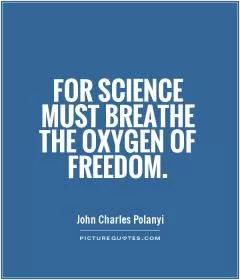
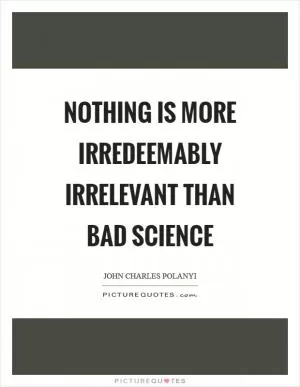
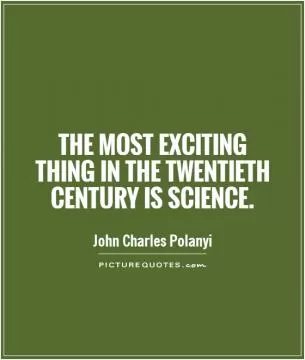
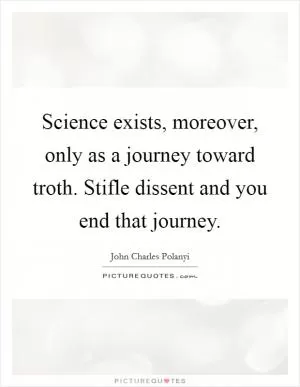
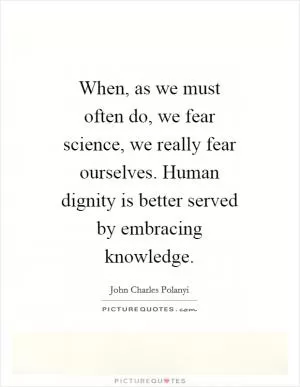
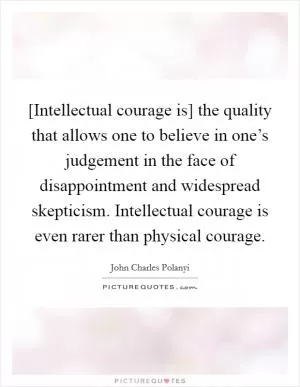

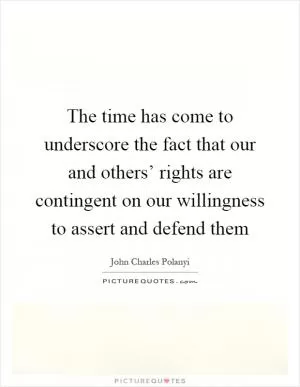
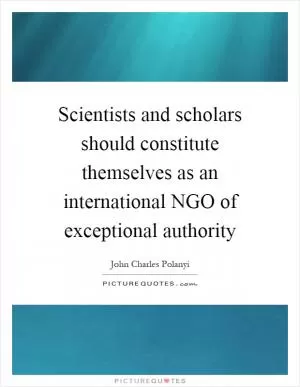
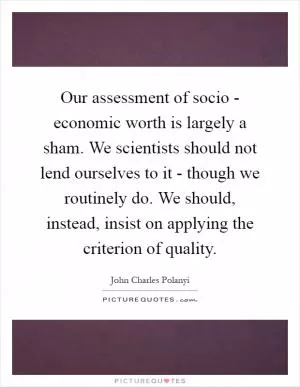


 Friendship Quotes
Friendship Quotes Love Quotes
Love Quotes Life Quotes
Life Quotes Funny Quotes
Funny Quotes Motivational Quotes
Motivational Quotes Inspirational Quotes
Inspirational Quotes